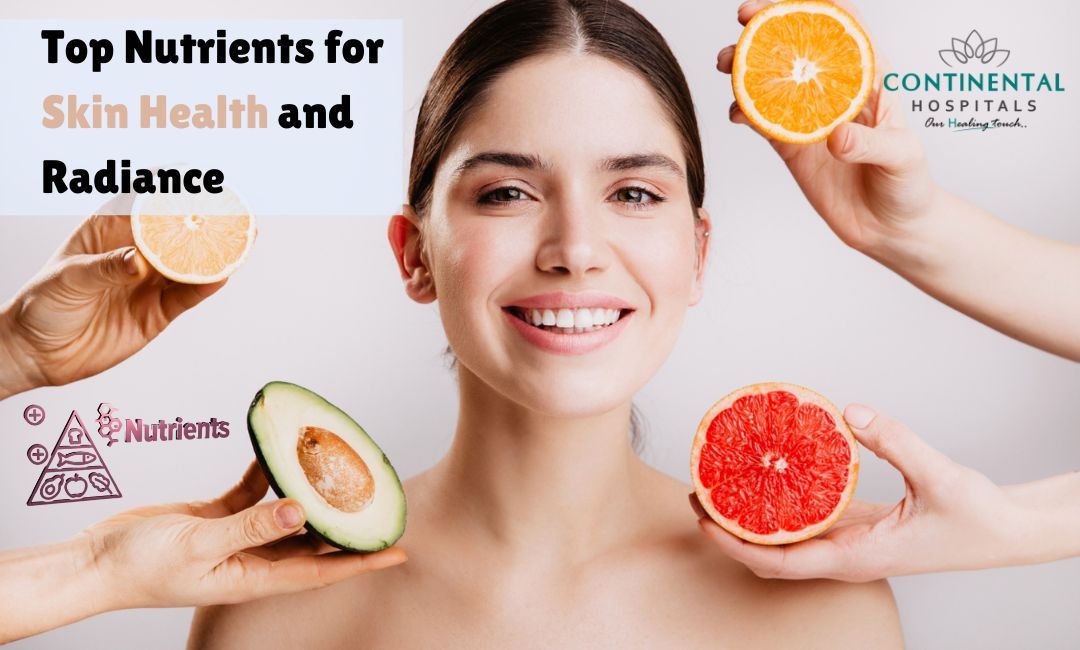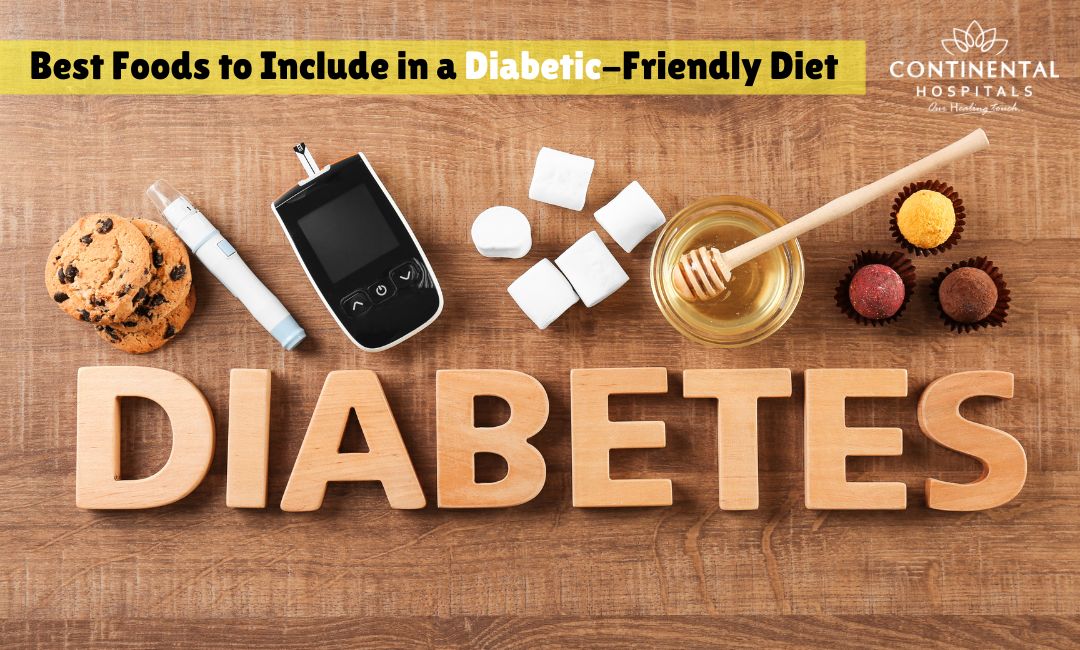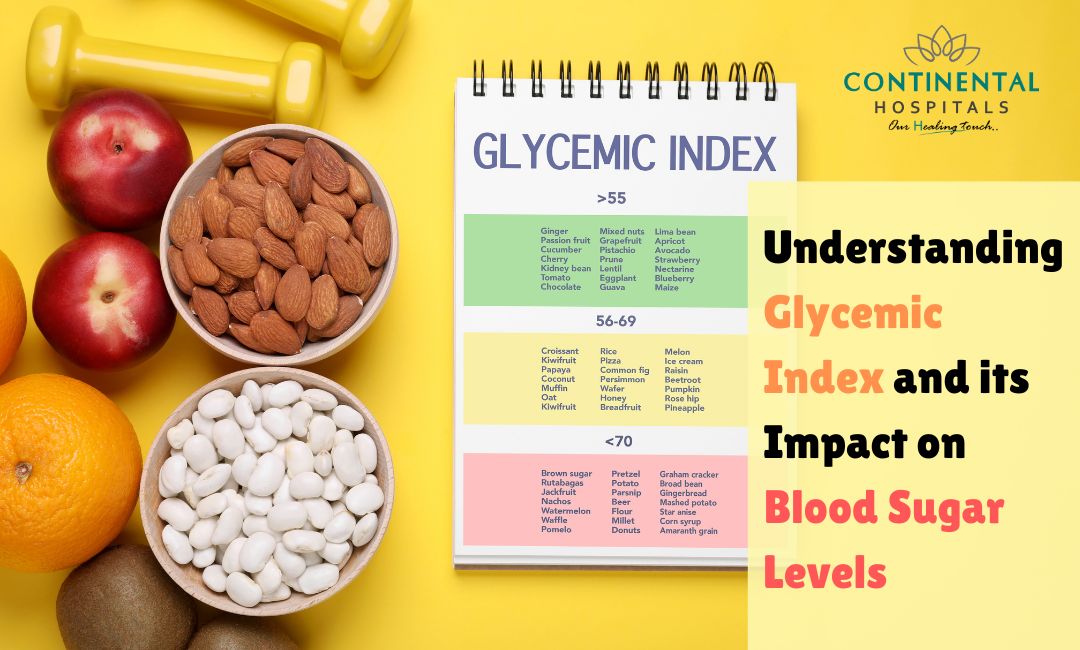Achieving healthy, radiant skin isn't just about skincare products; it's also deeply influenced by what you eat. Nutrition plays a crucial role in maintaining skin health, supporting its structure, and enhancing its natural radiance. This blog explores the top nutrients essential for skin health and radiance, backed by scientific insights and practical dietary tips.
Your skin is the body's largest organ and serves as a protective barrier against external threats. It undergoes constant renewal and repair processes influenced by various internal and external factors, including nutrition. Essential nutrients provide the building blocks for skin cells, support collagen production, protect against oxidative damage, and maintain hydration levels. By understanding which nutrients are vital for skin health, you can make informed dietary choices to promote a clear, youthful complexion.
Essential Nutrients for Glowing Skin
Vitamin C
Vitamin C is renowned for its powerful antioxidant properties, which help protect the skin from oxidative stress caused by free radicals. It plays a crucial role in collagen synthesis, a protein essential for maintaining skin structure and elasticity. Citrus fruits, strawberries, bell peppers, and leafy greens like spinach are excellent sources of vitamin C.
Vitamin E
As another potent antioxidant, vitamin E protects skin cells from damage caused by UV rays and environmental pollutants. It supports skin barrier function and helps maintain moisture levels, making it a valuable nutrient for skin health. Nuts, seeds, avocado, and vegetable oils are rich sources of vitamin E.
Vitamin A
Vitamin A is essential for skin cell production and turnover, promoting a smooth and even complexion. It helps prevent signs of aging by supporting collagen production and reducing the appearance of fine lines and wrinkles. Sources include sweet potatoes, carrots, leafy greens, and liver.
Omega-3 Fatty Acids
Omega-3 fatty acids, found in fatty fish like salmon, walnuts, and flaxseeds, offer anti-inflammatory benefits that can calm irritated skin and reduce redness. They help maintain the skin's lipid barrier, improving hydration and overall skin texture.
Zinc
Zinc plays a critical role in regulating oil production and supporting skin healing processes. It has anti-inflammatory properties that can help manage acne and other inflammatory skin conditions. Oysters, lean meats, whole grains, and legumes are excellent sources of zinc.
Selenium
Selenium is a trace mineral that works alongside antioxidants to protect skin cells from damage. It supports skin elasticity and may help reduce the risk of sun damage. Brazil nuts, seafood, whole grains, and eggs are good dietary sources of selenium.
Collagen Peptides
Collagen peptides are a specialized form of collagen that can be consumed as a supplement to support skin elasticity and hydration. They help maintain skin firmness and reduce the appearance of wrinkles. Collagen peptides can be derived from fish, bovine, or chicken sources.
Hyaluronic Acid
While not a nutrient per se, hyaluronic acid is a molecule that attracts and retains moisture in the skin, promoting a plump and hydrated appearance. It can be found in bone broth, soy-based foods, and as an ingredient in topical skincare products.
Polyphenols
Polyphenols are plant compounds with antioxidant properties that help protect the skin from UV damage and improve skin elasticity. Green tea, dark chocolate, berries, and red grapes are rich sources of polyphenols that benefit skin health.
Water
Hydration is fundamental to skin health, as water supports cellular function, regulates body temperature, and maintains skin elasticity. Drinking an adequate amount of water each day helps flush out toxins and keeps skin hydrated from within.
Practical Tips for Enhancing Skin Health Through Nutrition
Incorporating these nutrients into your daily diet can enhance your skin's health and radiance.
Here are some practical tips to help you achieve optimal skin nutrition:
Eat a Rainbow: Consume a variety of colorful fruits and vegetables to ensure you're getting a diverse range of vitamins and antioxidants.
Choose Healthy Fats: Opt for sources of omega-3 fatty acids like salmon, flaxseeds, and avocados to support skin barrier function and hydration.
Stay Hydrated: Drink plenty of water throughout the day to maintain skin moisture and promote a clear complexion.
Limit Processed Foods: Minimize consumption of processed foods high in refined sugars and unhealthy fats, which can contribute to skin inflammation and aging.
Consider Supplements: If your diet lacks certain nutrients, consider supplements like vitamin D or collagen peptides after consulting with a healthcare provider.
A Holistic Approach for Glowing Skin
A holistic approach to skincare goes beyond just diet.
Here are some additional tips to promote healthy, radiant skin:
Manage Stress: Chronic stress can wreak havoc on your skin. Practice relaxation techniques like yoga, meditation, or deep breathing to keep stress levels in check.
Get Enough Sleep: When you sleep, your skin repairs and regenerates itself. Aim for 7-8 hours of quality sleep each night.
Conclusion
Nutrition plays a pivotal role in achieving and maintaining healthy, radiant skin. By prioritizing nutrient-dense foods rich in vitamins, antioxidants, and essential fatty acids, you can support your skin's natural processes and combat signs of aging effectively. Adopting a balanced diet and healthy lifestyle habits can contribute to a glowing complexion that reflects overall well-being and vitality. Start nourishing your skin from within today for lasting beauty and health benefits.
Related Blogs:
.webp)







